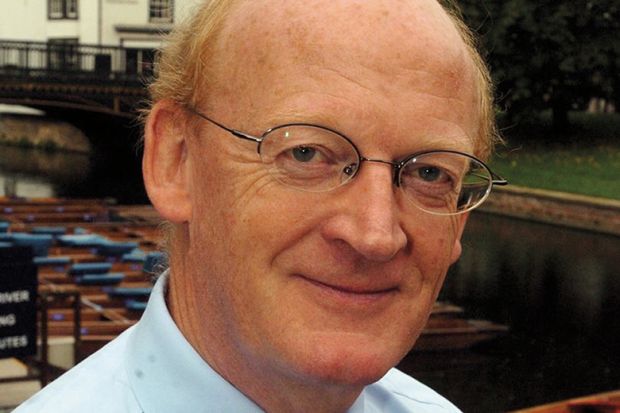An economist who illuminated collective bargaining and helped reduce low pay in the UK has died.
William Brown, himself the son of an economist, was born in Oxford in 1945 and educated at Leeds Grammar School and Wadham College, Oxford, where he studied philosophy, politics and economics (1966). He worked at Warwick University from 1968 to 1985, latterly as director of the (then) Social Science Research Council’s Industrial Relations Research Unit. He then moved to the University of Cambridge as Montague Burton professor of industrial relations until he retired and became emeritus in 2012. He also served as chair of the School of Humanities and Social Sciences and, from 2000 to 2012, as master of Darwin College.
A leading expert on industrial relations, Professor Brown wrote extensively about the decline in bilateral collective bargaining and the influence of trade unions, and about wage differentials and low pay. Yet such theoretical analysis was always accompanied by practical engagement. As a founder member of the Low Pay Commission (1997-2007), he was instrumental in the introduction of the UK’s national minimum wage in 1999. He served for many years as an arbitrator and mediator for the Advisory, Conciliation and Arbitration Service (including in a dispute between Acas’ own management and staff) and helped launch the first large-scale employment relations survey in the UK.
Always very international in his outlook, Professor Brown co-edited with Chang Kai a book on The Emerging Industrial Relations of China (2017). In a letter to his college and family after his death, the China Industrial Relations Research Association paid tribute to him as someone who was “instrumental in bringing together international and Chinese scholars to examine developments in China’s industrial relations”, and who “greatly inspired, kindly encouraged and selflessly mentored the young generation of Chinese scholars”.
A very different tribute was provided by Cynthia Shanmugalingam, who had been a failing third-year economics student when Professor Brown was master of Darwin College. Despite the many other demands on his time, she wrote, he had offered to help her, shown her how to marshal the ideas in her “reams of disorganised papers” and saw “the scholar [she] had never seen in [her]self”. As a result of such support, she had managed to turn her life around and get a good degree and a position as an economist at the Treasury.
Professor Brown died unexpectedly of acute aortic dissection on 1 August and is survived by his wife Jacqueline Scott, emeritus professor of sociology at Cambridge, two sets of stepdaughters named Rachel and Sarah, and six grandchildren.
Register to continue
Why register?
- Registration is free and only takes a moment
- Once registered, you can read 3 articles a month
- Sign up for our newsletter
Subscribe
Or subscribe for unlimited access to:
- Unlimited access to news, views, insights & reviews
- Digital editions
- Digital access to THE’s university and college rankings analysis
Already registered or a current subscriber? Login




